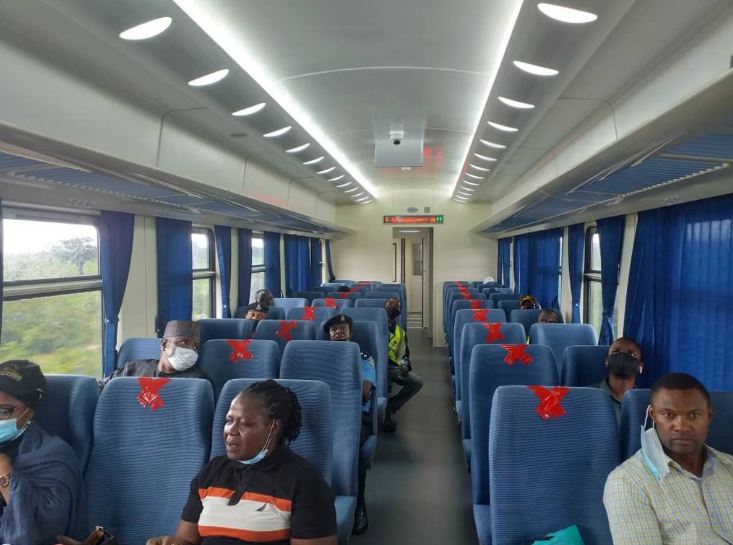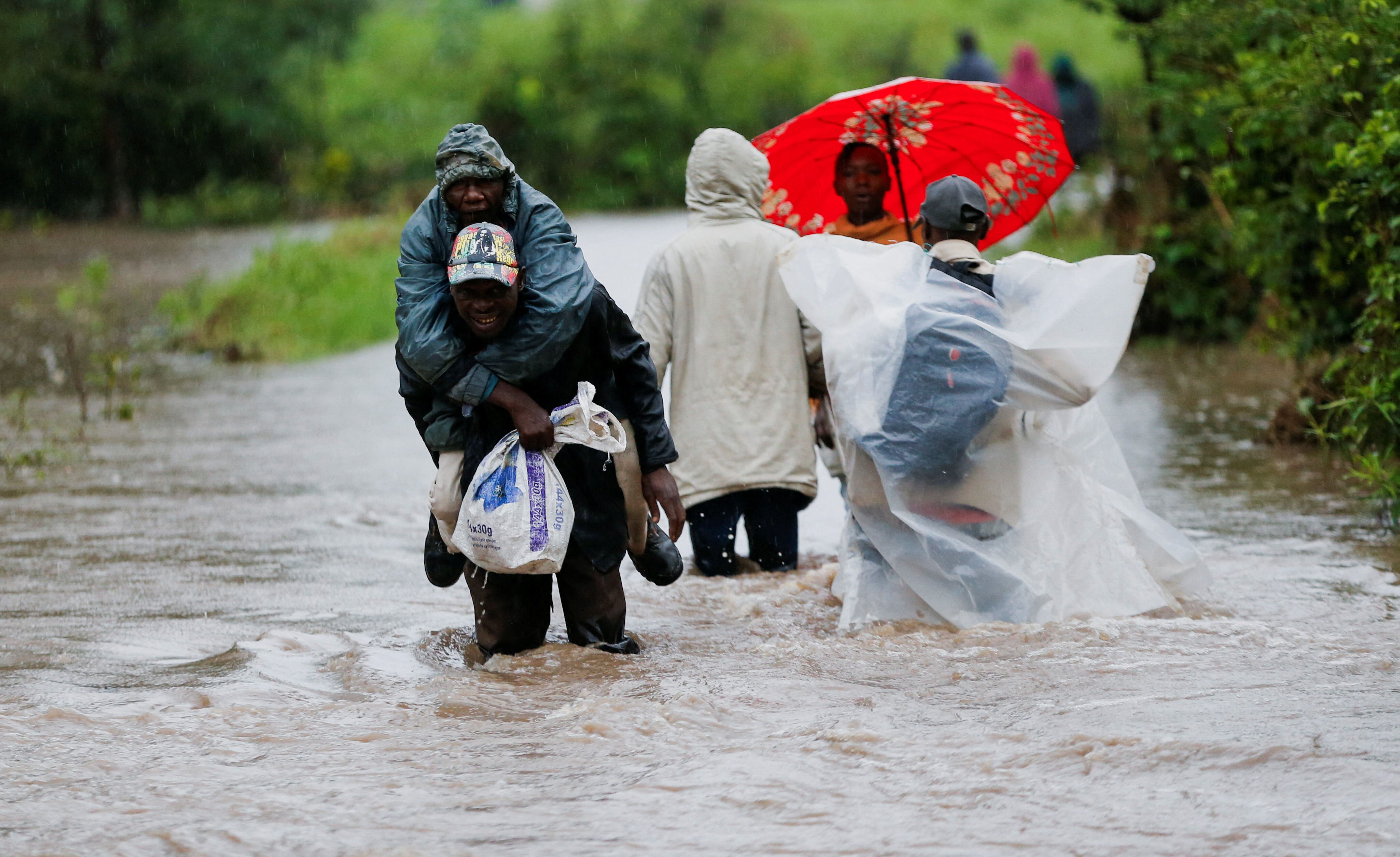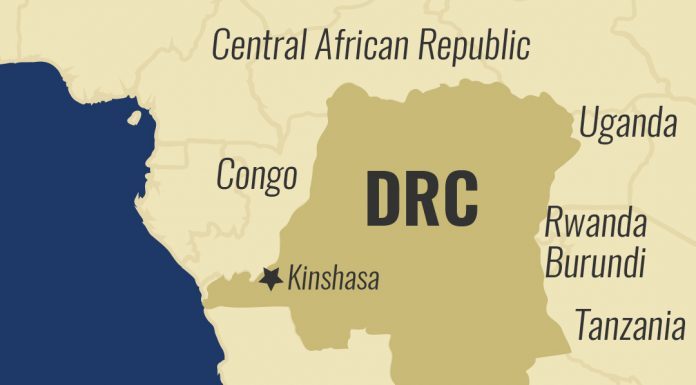
Nigeria resumes passenger train services after suspension due to COVID-19

Passenger train services in Nigeria resumed on Wednesday as the West African country continued the process of gradually reopening its economy.
In March, the Nigerian Railway Corporation (NRC) announced that it had stopped the operations of all passenger trains due to the spread of the COVID-19 pandemic.
Nigeria’s Minister of Transportation Rotimi Amaechi was at Idu train station in the capital Abuja to monitor the implementation and compliance of health regulations that were put in place for the services to resume.
Amaechi noted that people had complied with the directives but maintained that there will be security personnel present to enforce the regulations.
Amaechi said on Monday that it will be mandatory for persons wishing to access train services to wear a face mask and carry hand sanitisers.
“Don’t come with face shield. If you want to come with your face shield, don’t forget to come with your face mask. You will not enter the station if you don’t have a face mask,” Amaechi said.
“For those of you, who can’t bring alcohol and methylated spirit, come with your sanitizer that is not below at least 79 percent alcohol. We will check it. I am not joking,” he added.
Amaechi also said that passenger coaches which accommodate 88 passengers will now carry less than 50 passengers to achieve the principle of social distancing.
As a result, transport fares have been increased from 1,500 naira to 3,000 for economy; business class is now 5,000 naira while first-class will be 6,000 naira.
Passengers will also not be allowed free movement within the coaches unless it was an urgent matter such as using the bathroom.
In addition, people who are unable to find seats, with the social distancing principle in effect, while waiting for their trains, will have to wait outside the waiting rooms.
Amaechi also said that the government will begin an electronic ticketing system in the next two-three months which will see people not need to come to the station to purchase tickets and avoid overcrowding.




